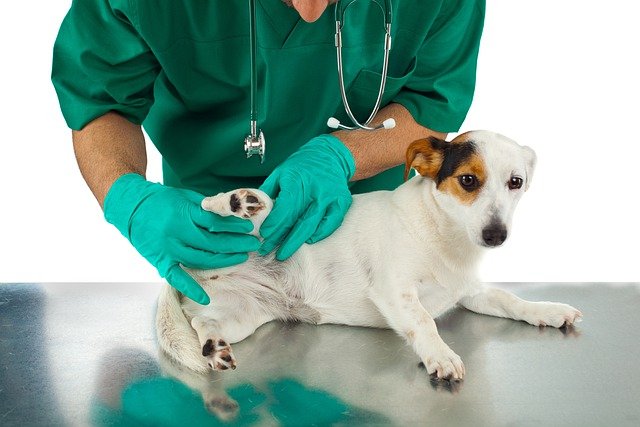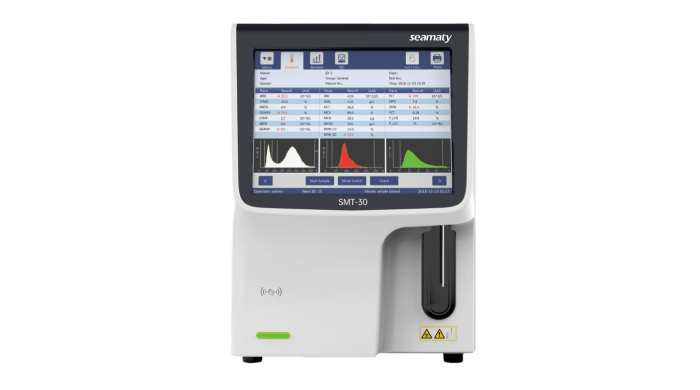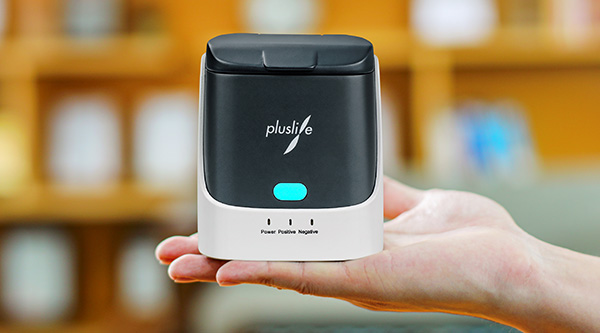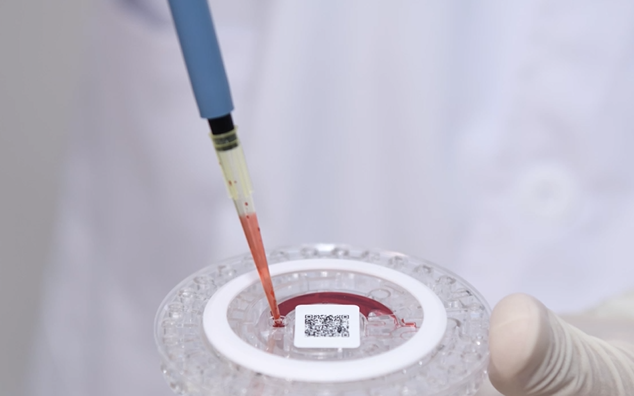release time:2021-12-27 13:32:00
When you take your pet to the hospital, your pet may be faced with various tests. For example, gauge tests (including checking the five senses and the inside of the mouth, coat health, skin health, heart rate, blood pressure, respiration, and body temperature.) , blood tests (including complete blood count CBC and blood biochemical tests.) Fecal examination, X-ray examination, ultrasound examination, urine examination, etc.
Routine blood tests, blood biochemical tests, fecal tests, urine tests, skin tests, etc. are the main items of laboratory tests in animal hospitals at present.
Biochemical test mainly detects liver function, kidney function, blood glucose, lipid, electrolyte, total protein, albumin, calcium, ammonia, magnesium, iron, chloride and so on. Biochemical tests are used to diagnose liver disease, kidney disease, diabetes, and electrolyte disorders. It can help doctors understand the nutritional status of the animal's body and can detect potential lesions in the body. Especially for the diagnosis and treatment of geriatric and chronic internal diseases have important significance.

The above five tests are common in veterinary hospitals. They can help the veterinarian to determine the condition of the pet and have a very important role.

2022-09-18
Hematology analyzers, also known as cbc machines, are mainly divided into fully automatic and semi-automatic instruments on the market today.The difference between 3-Part and 5-Part Hematology Analyzer?

2022-03-10
Most of the products currently on the market include qPCR nucleic acid detection technology, antigen detection technology, antibody detection technology,

2021-11-02
In the process of using a fully automatic biochemistry analyzer. We often encounter this situation: when doing a certain item alone, the result is fine. But when it is combined with some items. But the test results appear abnormal.